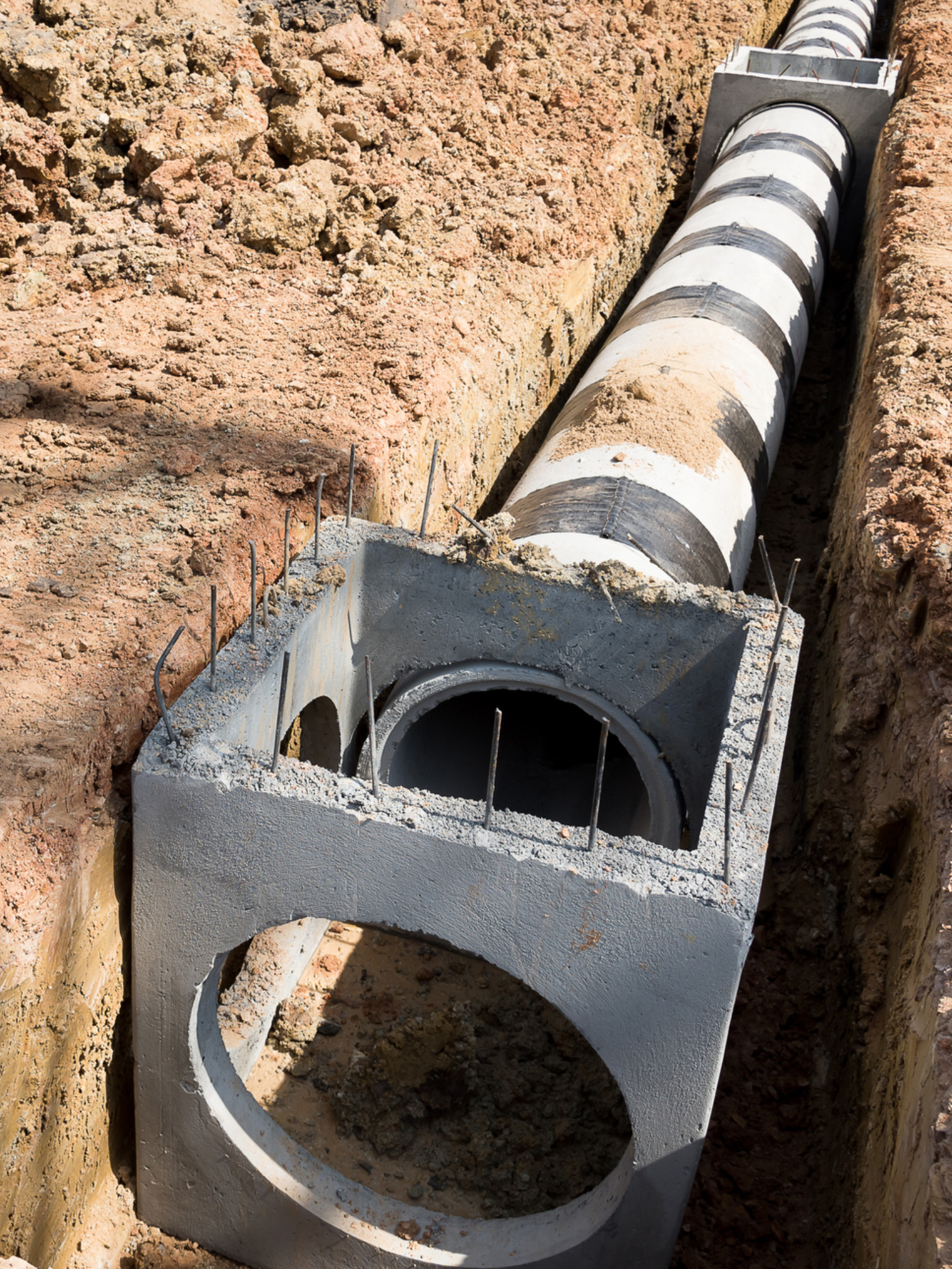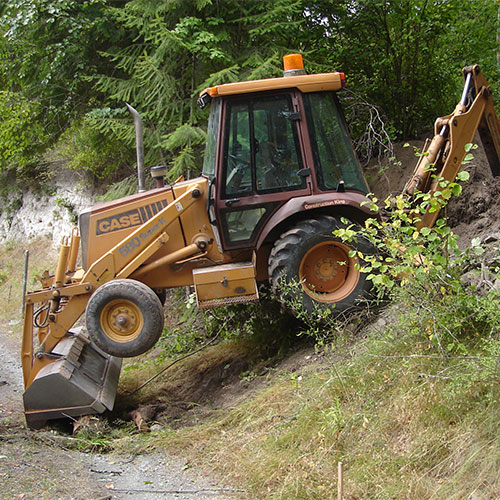Cost Effective Lancaster Excavation - Top Quality Excavation at Competitive Rates
Cost Effective Lancaster Excavation - Top Quality Excavation at Competitive Rates
Blog Article
Comprehensive Excavation Approaches: Understanding the Principles for Success
In the realm of building and construction and civil design, the importance of reliable excavation strategies can not be overstated. The mindful planning, accurate execution, and meticulous interest to information needed in excavation jobs demand an extensive strategy that includes various essential aspects. From first dirt analysis to the execution of safety and security actions and normal progression tracking, grasping these core elements is necessary for accomplishing success in any kind of excavation endeavor. However, the true mastery exists not merely in comprehending these basics yet in effortlessly integrating them to navigate the intricacies of excavation tasks with skill.
Comprehending Excavation Project Planning

The preliminary phase of any excavation job is the planning phase, where essential decisions are made that can dramatically affect the outcome of the task. Recognizing the task timeline, budget plan, and scope restraints is important for developing an extensive excavation plan that ensures the task's success.
One secret aspect of excavation project preparation is the advancement of an in-depth timeline that lays out the sequence of tasks, due dates, and turning points. By very carefully thinking about all these elements during the preparation stage, excavation jobs can be performed effectively and properly, leading to successful outcomes - dump truck companies in ohio.
Dirt Evaluation and Website Examination
Conducting detailed soil evaluation and website examination is a crucial action in the prep work phase of any excavation job. Soil analysis includes determining the composition, structure, and buildings of the dirt at the excavation website. This details is important for comprehending the soil's bearing capability, moisture content, and potential for erosion, which are key consider figuring out the excavation approaches and tools required for the project.
Site assessment exceeds soil analysis and incorporates a wider analysis of the total website conditions. This examination consists of recognizing any kind of prospective risks, such as below ground energies, ecological concerns, or unstable surface, that could influence the excavation procedure. By extensively examining the website, task managers can develop efficient excavation approaches that prioritize safety and security, efficiency, and environmental defense.
Using sophisticated technologies like ground-penetrating radar, soil tasting, and drone studies can enhance the accuracy and efficiency of dirt analysis and website analysis. Spending time and sources in these initial actions can eventually conserve time and protect against pricey delays or difficulties throughout the excavation procedure.
Devices Selection and Usage
Reliable excavation jobs count heavily on critical tools option and utilization to make certain optimal efficiency and productivity. Selecting the appropriate devices for the job is crucial in making the most of effectiveness and reducing downtime. Aspects such as the kind of soil, depth of excavation, and task extent play a substantial function in determining the most suitable equipment for the task available.
Along with selecting the suitable tools, proper utilization is key to project success. Operators must be trained to handle the equipment safely and efficiently useful reference - septic ohio. Regular upkeep checks and prompt repair work assist avoid malfunctions and make sure consistent efficiency throughout the task
Precaution and Rules Compliance
In the world of excavation jobs, prioritizing safety procedures and compliance with regulations is critical more helpful hints to ensuring a lawfully audio and secure functional environment. Safety procedures encompass a variety of practices, including carrying out thorough website evaluations, carrying out proper signs and obstacles, and giving adequate security training for all employees included in the excavation process. Adherence to policies, such as OSHA needs in the United States, makes certain that the excavation job fulfills the required requirements to secure employees, bystanders, and the surrounding atmosphere.

Monitoring Development and Adjusting Strategies
How can predict managers successfully track the development of excavation tasks and adapt their approaches as necessary to optimize outcomes? Surveillance development is necessary for making sure that excavation jobs stay on track and meet target dates. Task supervisors can make use of different devices and methods to track progression, such as everyday progression records, regular website assessments, and advanced surveillance technologies like drones and GPS tracking systems. By continually monitoring the project's improvement, managers can recognize any kind of possible hold-ups or issues beforehand and take aggressive measures to resolve them.

Conclusion
Finally, mastering the principles of detailed excavation strategies is essential for the success of any kind of job. By recognizing job planning, assessing soil and website problems, selecting ideal devices, abiding by safety and security guidelines, and monitoring progression, project supervisors can ensure a smooth and reliable excavation procedure. Implementing these methods will cause effective results and decrease potential dangers or setbacks during the excavation task.
The initial phase of any kind of excavation project is the preparation phase, where vital choices are made that can significantly affect the end result of the project. Comprehending the project timeline, budget, and range constraints is important for developing a detailed excavation plan that makes certain the job's success.
Exactly how can project managers efficiently track the improvement of excavation tasks and adjust their strategies appropriately to enhance results? By very closely keeping click reference track of progress and being prepared to adapt methods, project managers can enhance the overall success of excavation projects.
By understanding project planning, analyzing dirt and site conditions, selecting appropriate equipment, complying with safety regulations, and monitoring progress, job supervisors can make sure a efficient and smooth excavation procedure.
Report this page